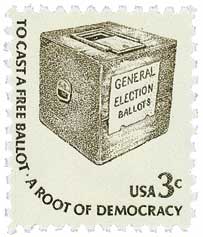Microsoft President Calls for Protecting Privacy as the Cloud Reshapes Lives
You only needed to read the title of the 2016 Nies Lecture in Intellectual Property presented Tuesday at Marquette Law School to know that Brad Smith was offering a generally positive view of the future of technological innovation. “A Cloud for Global Good: The Future of Technology—Issues for Wisconsin and the World” was the title.
Indeed, Smith spoke to the potential for what he called the fourth industrial revolution to improve lives across the world. But he also voiced concerns about the future of privacy and security for personal information in a rapidly changing world, and he called for updating of both American laws and international agreements related to technology to respond to the big changes.
All of this came from a standpoint of unquestionable knowledge of the subject matter. Smith is the president and chief legal officer of Microsoft. The Appleton native has been with the company since 1993 and his duties include overseeing corporate, external, and legal affairs for the global technology giant.

